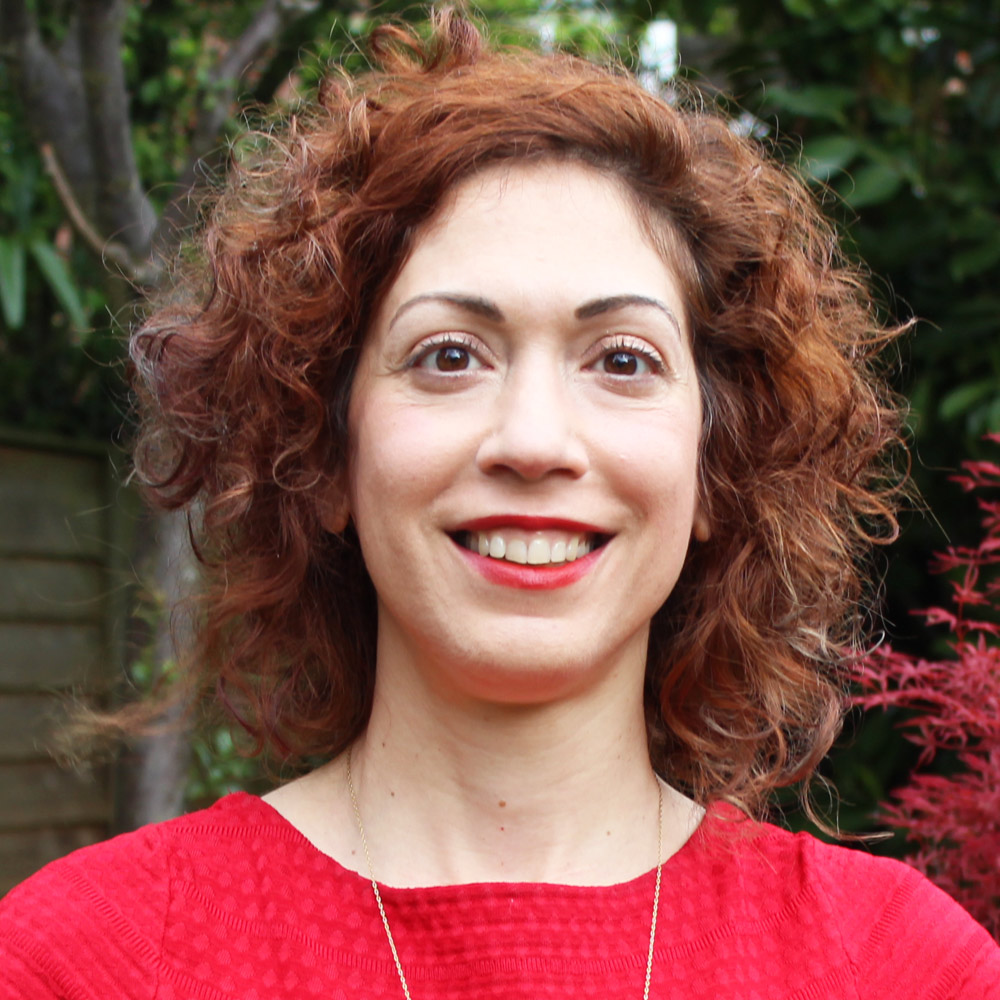What we changed
Via strong links with the Folke Bernadette Academy (FBA) and the UN Police (UNPOL), Professors Dorussen and Gizelis have had significant impact.
The FBA trains and recruits civilian personnel and expertise for peace operations led by the EU, UN and the Organisation for Security and Co-operation in Europe (OSCE).
Our research increased the FBA’s evidence-based approach to their work by informing and strengthening the advice they give to key partners and national stakeholders.
Professor Dorussen wrote a policy brief, Putting Civilians First, and presented his findings on the legacy of peacekeeping for local security to practitioners working directly with the issues at hand. They included representatives from the Foreign and Commonwealth Office (FCO), various NGOs such as Peace Direct, Oxfam and Save the Children, and UN agencies such as UNPOL.
Professor Gizelis ran a training session at the International Association of Women Police (IAWP) on how a peacekeeping presence leads to improvements in maternal health. IAWP was attended by 490 police officers from 91 countries.
Whilst at IAWP she conducted a survey on the reasons for low levels of female police officers joining UNPOL. Professor Gizelis then sent a list of recommendations to UN HQ and had follow-up conversations with their Police Division, the Office of Rule of Law and Security Institutions (OROLSI).
She also participated as a global expert in a research focused workshop, the Elsie Initiative for Women in Peace Operations Research to Action Workshop at The Hague. This was aimed at breaking down barriers to women’s participation in peace operations and was organised by the Canadian and Dutch governments. It has led to further research.





